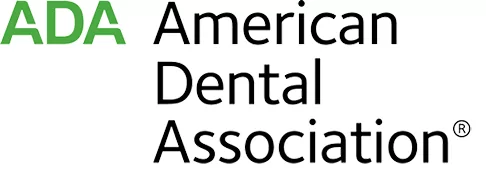At Blaisdell Family Dentistry, we understand that good dental health begins with healthy gums. A recent CDC report provides the following data related to the prevalence of periodontitis in the U.S.:
- 47.2% of people aged 30 years and older have some form of periodontal disease.
- Periodontal disease increases with age, 70.1% of people 65 years and older have periodontal disease.
- This condition is more widespread in men than women (56.4% vs 38.4%), those living below the federal poverty level (65.4%), those with less than a high school education (66.9%), and current smokers (64.2%)
What is the cause of gum disease?
Bacteria is always present in your mouth. When you don’t brush it off with brushing and flossing, it causes inflammation. The gums around and between teeth become swollen.
The film of bacteria first turns to plaque. Plaque is fairly soft. Dental hygienists can remove plaque when they perform a professional dental cleaning.
If the plaque is not cleaned away, it hardens to tartar or calculus.
Tartar build-up can spread below the gum line, which makes the teeth harder to clean. Then, only a dental health professional can remove the tartar and stop the periodontal disease process. CDC
You can reverse gum disease
The good news? Brushing and flossing can remove bacteria before it turns into plaque! Therefore, in its early stages, gum disease can be reversed.
Let’s consider how to floss:
- Cut a length of floss about 18 inches long.
- Securely wind each end around your middle fingers.
- Take hold of the floss with your forefinger and thumb leaving about two inches to work with.
- Thread the floss between two teeth.
- Hold the floss tightly against the side of the tooth and move it up and away from the gumline. You want to clean the space between the tooth and gum without pulling more gum tissue away, so it’s critical to scrape up and out of the pocket.
- Move the floss around the tooth to clean every surface—especially those that your brush can’t reach. As you use a section of floss, unwind from one hand to access a clean piece. With 18 inches, you should have enough to provide a clean section for every tooth. If you run out, that’s okay. Just toss the used piece and cut a new one.
Some individuals find it easier to start on one end of the upper teeth and clean each gap one by one until they reach the end on the opposite side. Then repeat for the bottom row. Whatever operation you elect, make sure you clean around every tooth, including the back surfaces of the last molars.
Regular checkups and dental cleanings help prevent gum disease. At Blaisdell Family Dentistry, we are taking new patients. Give us a call and book an appointment.
Contact Blaisdell Family Dentistry:
208-377-9696
Location (Tap to open in Google Maps):
8877 W Hackamore Dr
Boise, Idaho
83709





